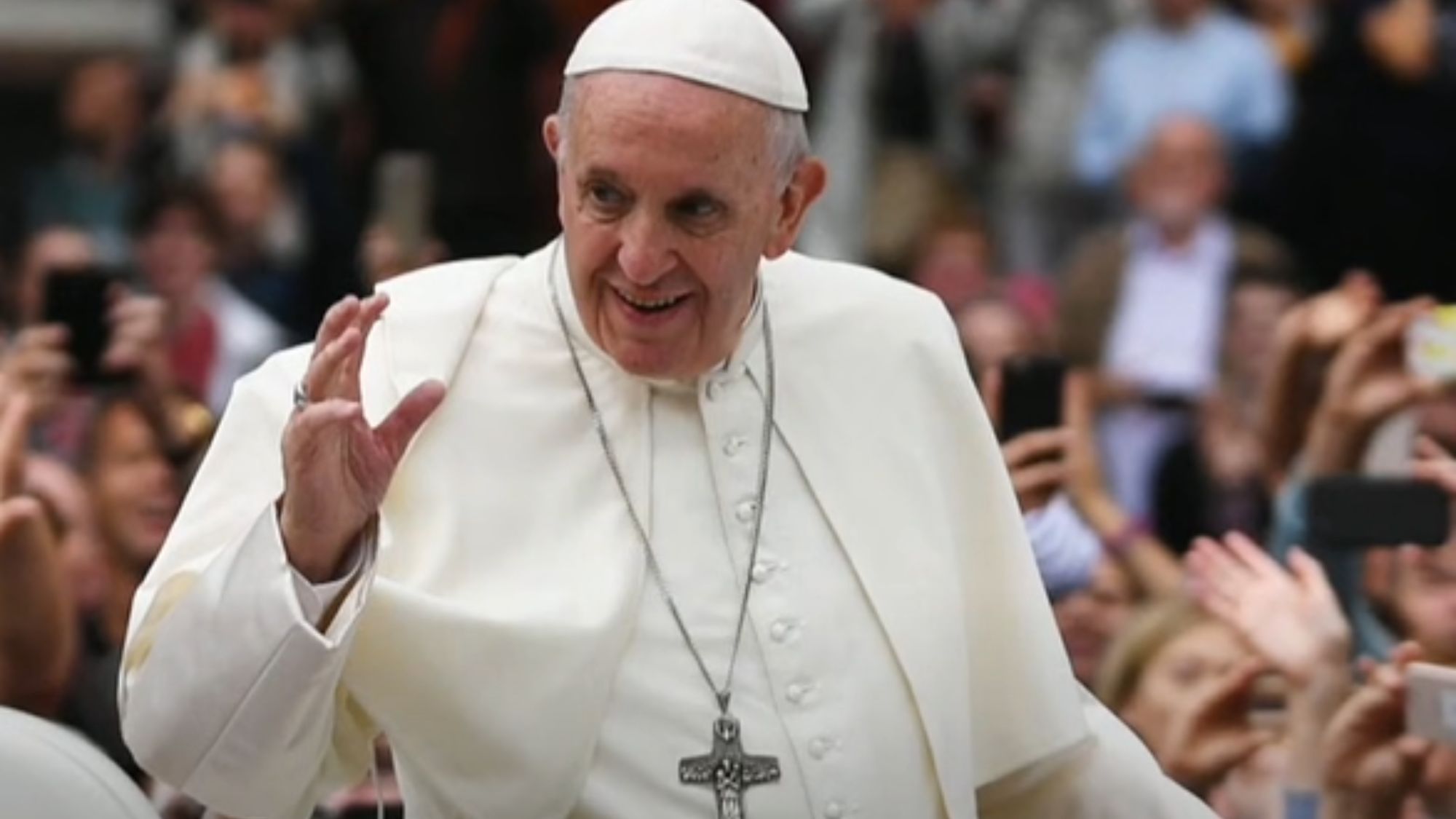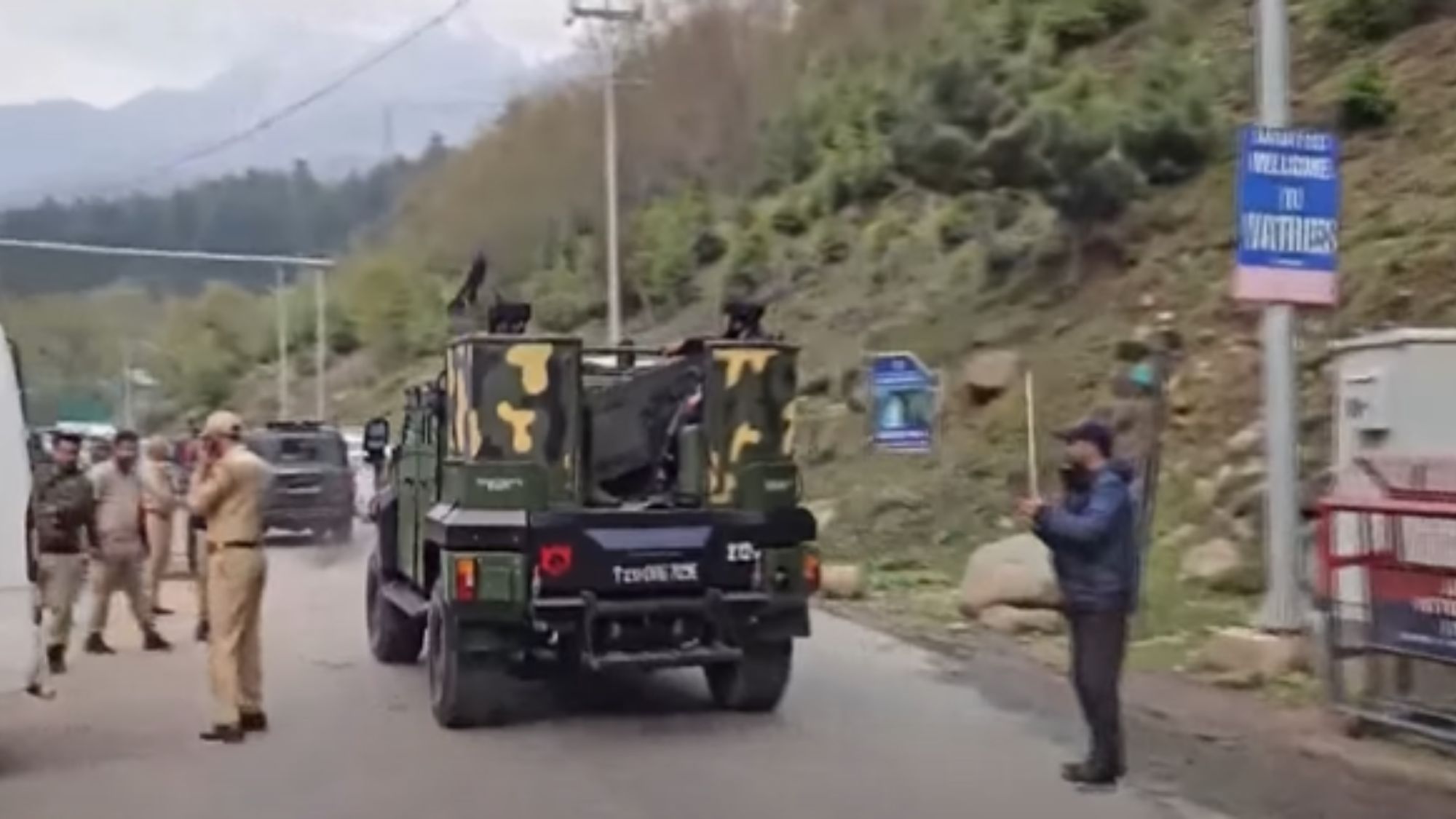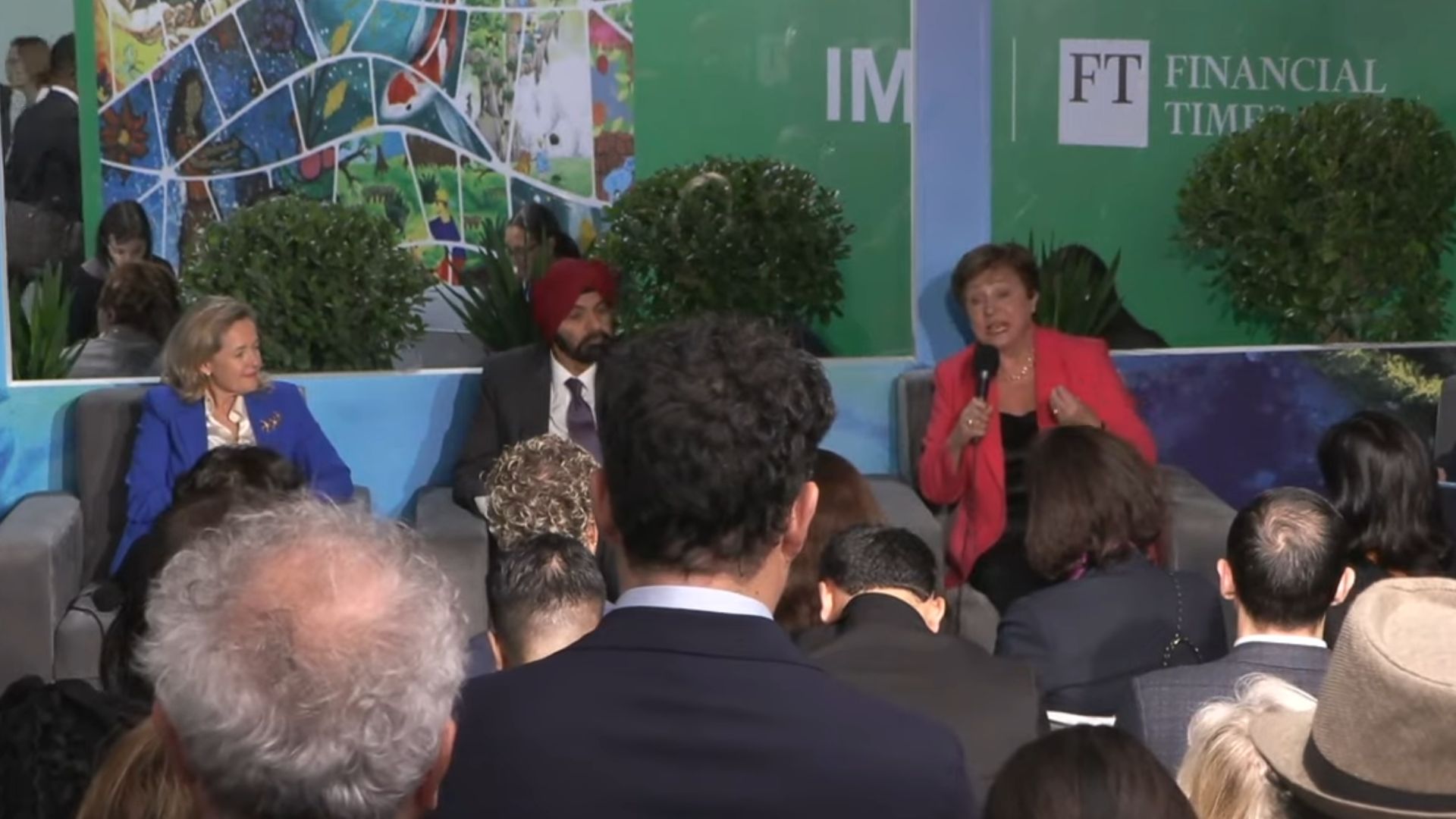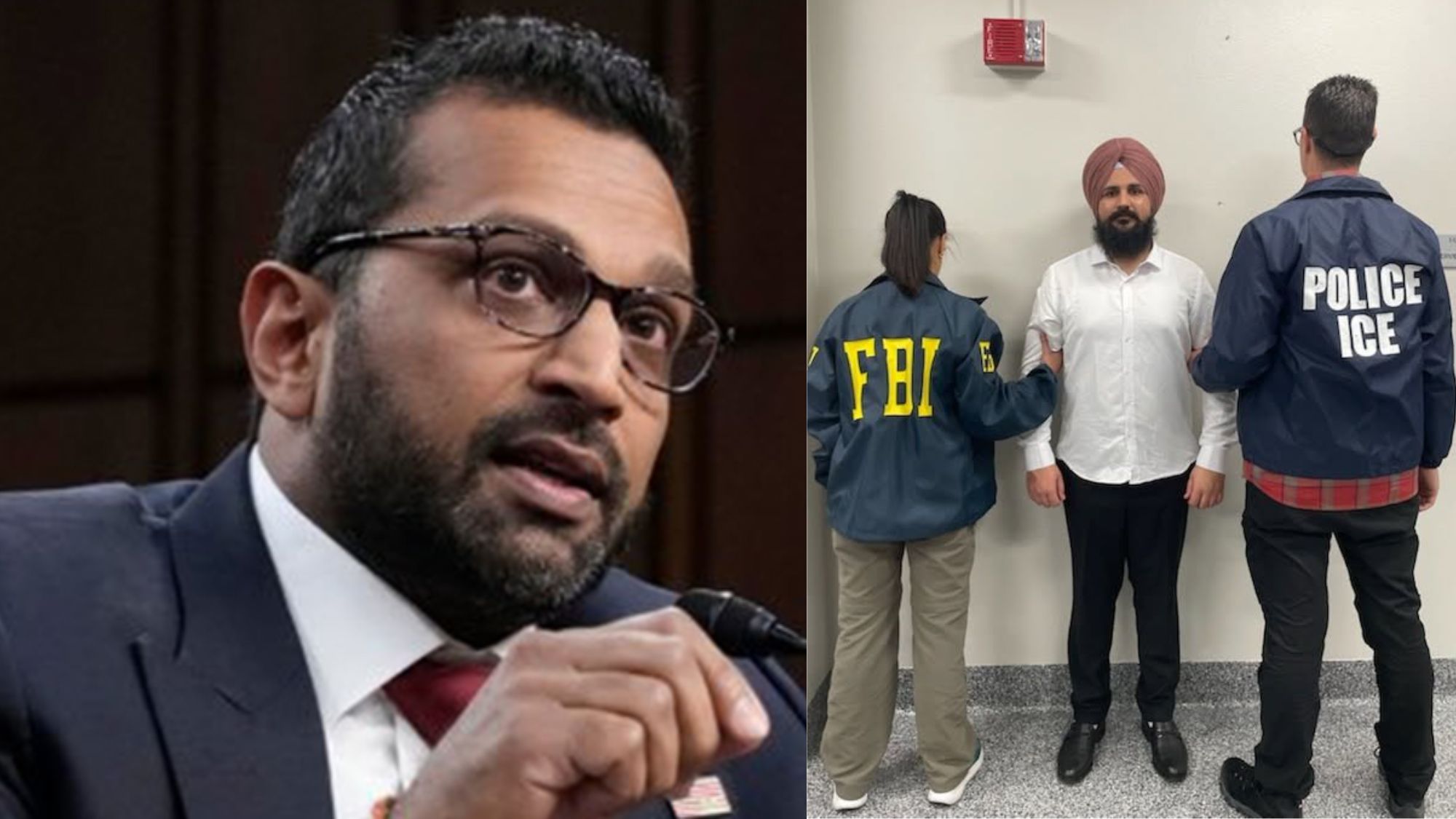VATICAN CITY (Diya TV) — Pope Francis, the first Latin American leader of the Roman Catholic Church and a globally revered voice for compassion, peace, and interfaith dialogue, died on Easter Monday, April 21, 2025, at his residence in Casa Santa Marta in Vatican City. He was 88.
Cardinal Kevin Farrell, the camerlengo of the Holy Roman Church, confirmed the news in an official Vatican statement: “At 7:35 this morning, the Bishop of Rome, Francis, returned to the home of the Father. His entire life was dedicated to serving the Lord and his Church.” The Holy See later announced that his body would be laid in a coffin at 8:00 p.m. local time, with the first public Rosary prayer for Francis held in St. Peter’s Square, led by Cardinal Mauro Gambetti.
Elected in 2013 as the 266th pope, Jorge Mario Bergoglio broke centuries of tradition as the first non-European pontiff in nearly 1,300 years and the first Jesuit pope. His papacy was marked by humility, progressive outreach, and a tireless focus on the marginalized. He chose not to live in the grand Apostolic Palace but in a modest Vatican guesthouse, symbolizing his commitment to live among the people he served.
Tributes from leaders across the world reflected Francis’s extraordinary global impact.
U.S. President Joe Biden, only the second Catholic U.S. president, said Francis was “unlike any who came before him,” calling him “one of the most consequential leaders of our time.” Biden praised the pope’s commitment to the poor and his courage in calling for peace and climate action, saying, “He was the People’s Pope — a light of faith, hope, and love”.
President Donald Trump also paid tribute, ordering U.S. flags flown at half-staff and stating, “He was a good man, he worked hard and loved the world.” Across Latin America, Pope Francis’s birthplace, Argentina, declared seven days of national mourning. President Javier Milei acknowledged their past disagreements but lauded the pope’s “wisdom and dedication.”
From Asia to Europe, responses were similarly reverent. Indonesian President Prabowo Subianto called him a “role model for peace and humanity,” while Sri Lankan President Anura Kumara Dissanayake praised his interfaith leadership. In India, Prime Minister Narendra Modi, External Affairs Minister S. Jaishankar and Jesuit leaders emphasized Francis’s deep affection for the country and its spiritual heritage.
Throughout his 12-year papacy, Francis worked to build bridges between religions. Egypt’s Grand Imam of Al-Azhar, Sheikh Ahmed al-Tayeb, described the pope as a “brother” who “strengthened ties with the Islamic world.” Turkish President Recep Tayyip Erdoğan echoed similar praise for his interfaith efforts.
In Gaza, Christians mourned the loss of a personal advocate. Since the war began, Francis regularly contacted Gaza’s small Christian community to offer prayers and comfort. Iranian President Masoud Pezeshkian praised his outspoken stance on the conflict and called him “a defender of justice.”
International Olympic Committee president Thomas Bach credited Francis with inspiring the creation of the Olympic Refugee Team, calling the pontiff “a great friend and supporter” whose compassion changed lives.
Nobel Laureate Muhammad Yunus of Bangladesh remembered Francis as a “kindred spirit” who shared his mission of uplifting the vulnerable. “His leadership inspired global efforts to protect the dignity of every human being,” Yunus said.
Spain declared three days of mourning, with Justice Minister Félix Bolaños describing Francis’s reformist legacy as “a fight against inequality, injustice, and climate change.”
Pope Francis’s leadership style blended tradition with bold reform. He championed the poor, embraced the sick, and advocated for climate justice, earning admiration far beyond the Catholic Church. His death pauses the canonization of Carlo Acutis, the Church’s first millennial saint, which had been scheduled for this week.




